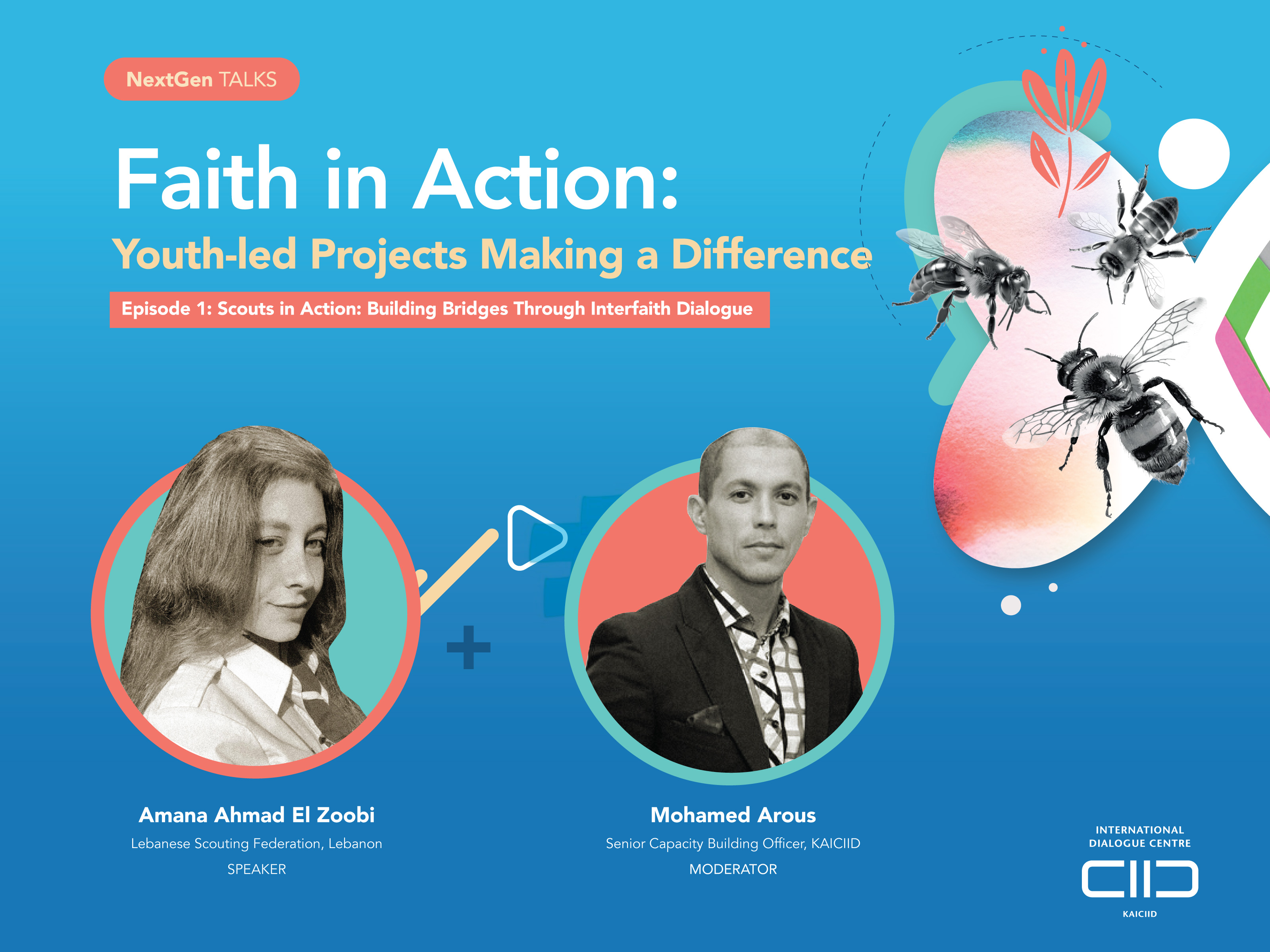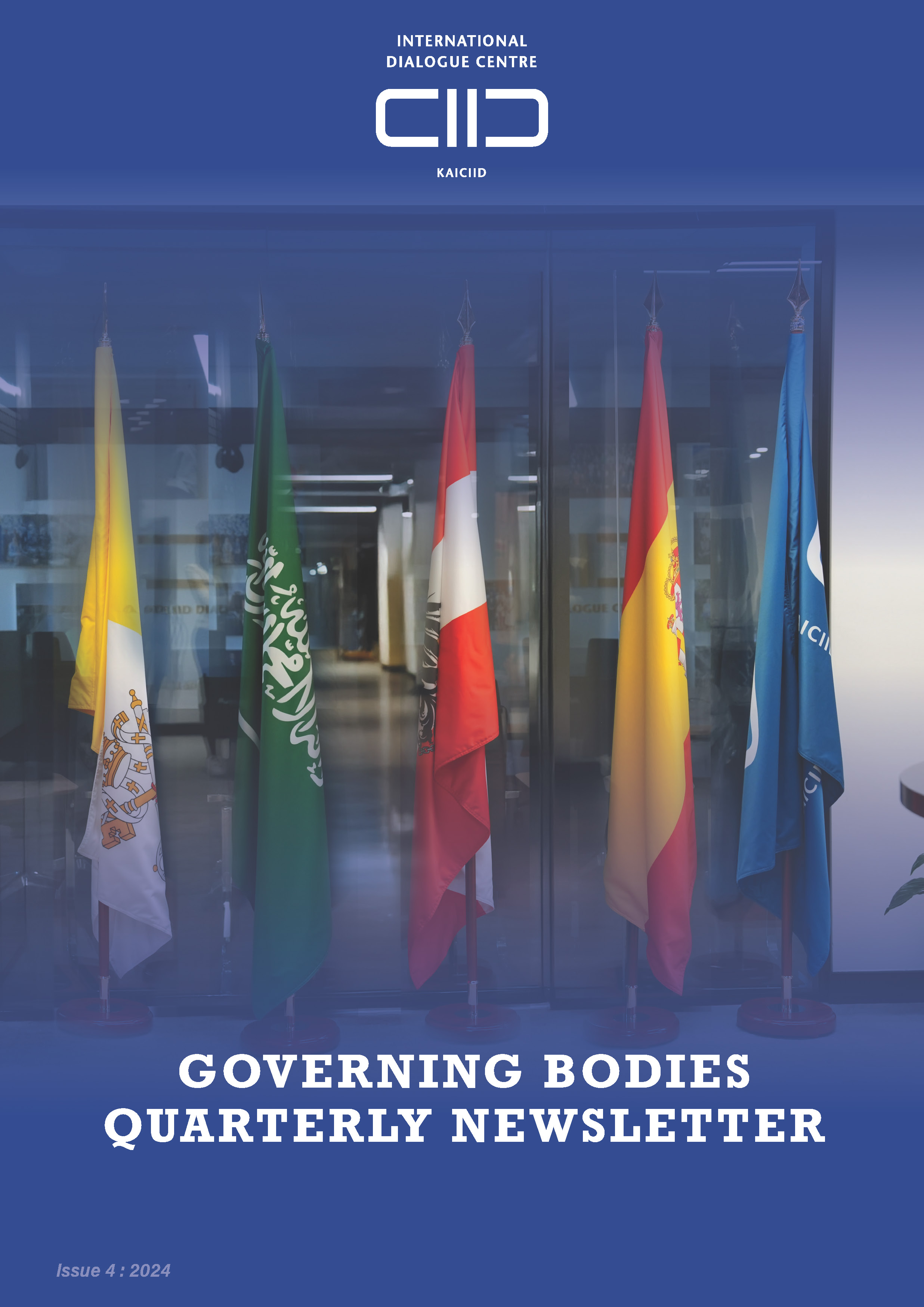KAICIID Strengthens Multi-Faith and UN Partnerships During Outreach Mission to New York
New York, January 2025 – KAICIID’s recent outreach mission to New York marked a significant step in reinforcing its institutional priorities for 2025 and expanding its collaborations with key UN entities, diplomatic representatives, and faith-based organizations.
2024 Q4 KAICIID Governing Bodies Quarterly Newsletter
2024 Q4 KAICIID Governing Bodies Quarterly Newsletter
Transforming Lives Through Interreligious Dialogue: The Journey of Preet Kaur Veygal
- Read more about Transforming Lives Through Interreligious Dialogue: The Journey of Preet Kaur Veygal
Interreligious dialogue (IRD) is more than just an exchange of beliefs, it has the power to transform lives. For 27-year-old Preet Kaur Veygal, a trained nurse in Singapore, her engagement with IRD has reshaped her career aspirations, inspiring her to pursue a new path as a counselor.
International Education Day: Promoting Interreligious Dialogue for Conflict Management in the Central African Republic
As the Sustainable Development Goals (SDG 4) highlights, education is central to achieving sustainable development and peace. In alignment with this framework, KAICIID’s 2024-2027 Strategic Plan prioritizes the promotion of Interreligious Dialogue (IRD) and Peace Education as a cornerstone of conflict prevention and societal transformation.



